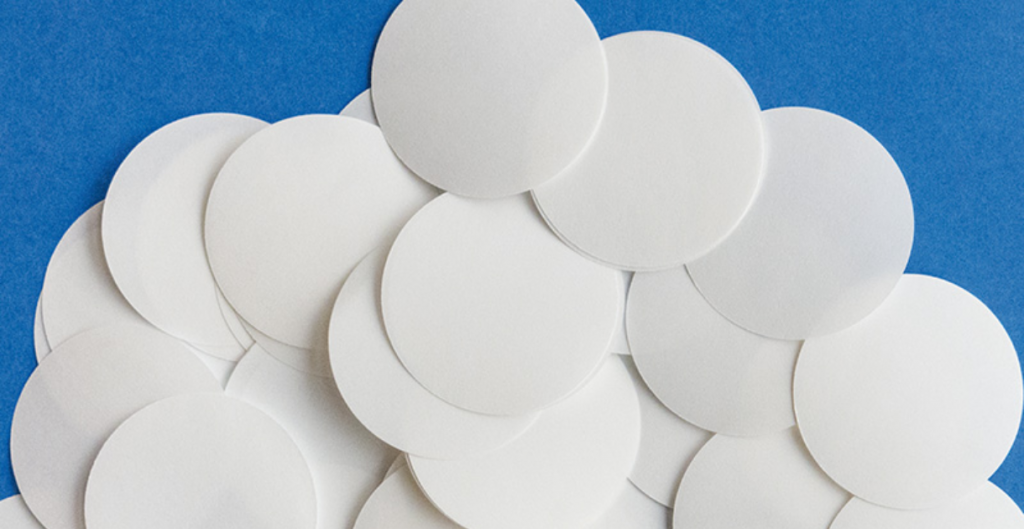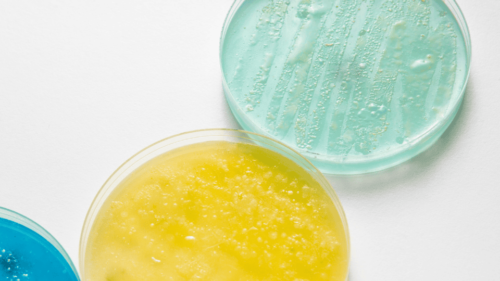Introduction:
Life science research encompasses a wide range of disciplines that seek to unravel the intricacies of living organisms. In this quest for knowledge, researchers rely on various tools and techniques to obtain accurate and reliable results. One such indispensable tool is filter paper. In this blog, we will explore the versatile role of filter paper in life science research and its significance in experimental procedures.
Understanding Filter Paper:
Filter paper is a porous material made from cellulose fibers, designed to effectively separate solids from liquids or gases. It consists of microscopic pores that allow the passage of liquids while retaining particles and impurities. Filter paper comes in different grades, with varying pore sizes and filtration speeds, enabling researchers to choose the most suitable type for their specific applications.
Filtration of Solids:
One of the primary applications of filter paper in life science research is the filtration of solids. Whether it’s removing debris from a liquid sample or separating precipitates from a solution, filter paper acts as a reliable medium. The liquid is poured onto the filter paper, and the solid particles are trapped while the filtrate passes through. This process helps researchers obtain purified samples for further analysis or experimentation.
Qualitative and Quantitative Analysis:
Filter paper plays a crucial role in qualitative and quantitative analysis techniques. In qualitative analysis, filter paper can be used to separate and collect solid substances for subsequent identification or characterization. In quantitative analysis, it is employed to separate a specific component from a mixture, allowing researchers to accurately determine its concentration or content.
Chromatography:
Filter paper serves as a fundamental component in various chromatographic techniques. In paper chromatography, for instance, a liquid sample is spotted onto filter paper, and the paper is then placed in a solvent. As the solvent moves up the paper, it carries the components of the sample, which separate based on their affinity to the paper and the solvent. This technique enables researchers to analyze complex mixtures and identify individual compounds.
Environmental Monitoring: Filter paper finds extensive use in environmental monitoring and assessment. It is employed
in the analysis of air and water samples to capture and measure particulate matter, microorganisms, or pollutants. By filtering these samples through filter paper, researchers can gain valuable insights into the quality and composition of the environment and assess potential health or ecological risks.
Laboratory Techniques:
Filter paper is a versatile tool in various laboratory techniques. It can be used to support solid samples during drying or weighing, act as a blotting medium for separating and transferring biomolecules in Western blotting or nucleic acid hybridization, and aid in the preparation of microbial cultures by filtering out contaminants.
Conclusion:
Filter paper plays a vital and versatile role in life science research. From filtration of solids to qualitative and quantitative analysis, chromatography, environmental monitoring, and a multitude of laboratory techniques, filter paper enables researchers to obtain purified samples, separate components, and gain valuable insights. Its flexibility, ease of use, and availability in various grades make it an essential tool for scientists across disciplines. By harnessing the power of filter paper, researchers continue to advance our understanding of the biological world and make significant contributions to the field of life sciences.
Website : https://www.gvs-lifesciences.my/



